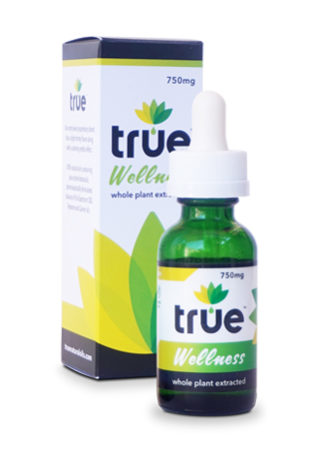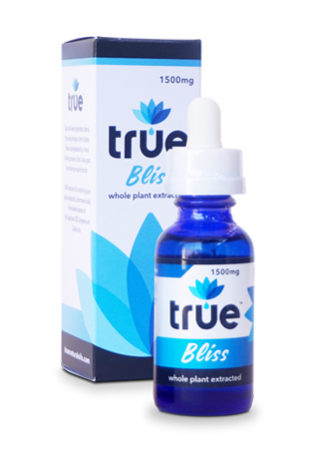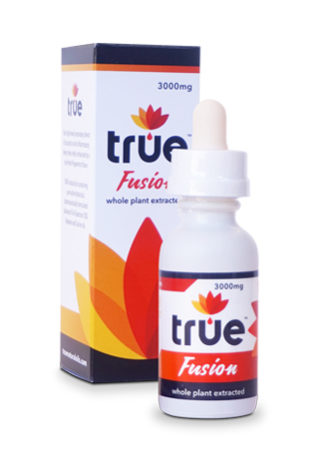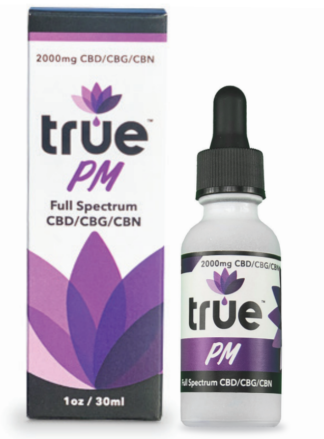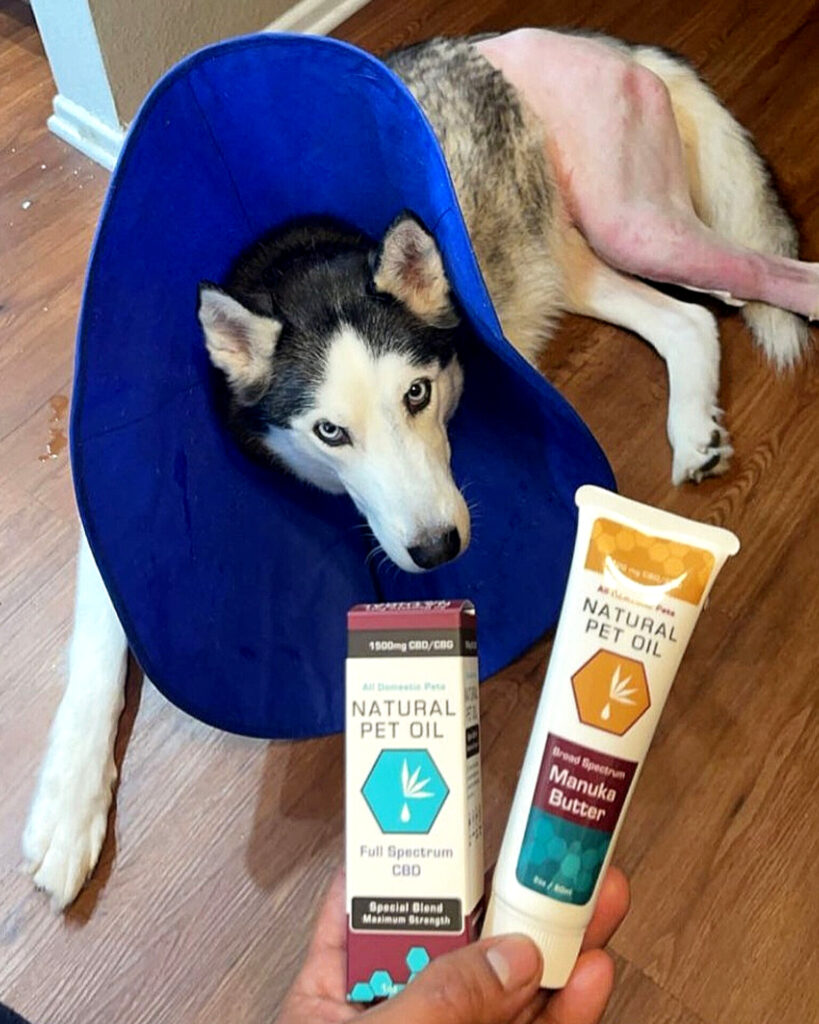
The theory of CBD causing drug-drug interactions is best described as follows:
CBD is metabolized by a metabolic pathway in the liver and competes with other pharmaceuticals which may be processed in the same pathway.
A way to scientifically explain it is this:
CBD affects several liver enzyme metabolic pathways, as it is metabolized by the CYP3A4 and CYP2C19 (liver enzymatic pathways). This same pathway is shared by a multitude of drugs, which can result in competition or drug interactions. It can also produce various outcomes of drug action in the body such as decreased or increased therapeutic or adverse responses, (Grayson et al. (2020)).
When multiple drugs are processed through the same pathway, it can lead to slower metabolism or breakdown of these medications. As a result, the concentration of other drugs in your body may increase, potentially causing stronger or prolonged effects, including adverse reactions or toxicity. On the other hand, CBD itself may also be affected by this competition, resulting in altered effectiveness or decreased potency.
It is important to consider the potential for interactions between CBD and other drugs. CBD is known to interact with certain drugs, such as warfarin, which can lead to increased or decreased levels in the body, (Bergamaschi et al. (2011)).
Here are some common drug interactions to be aware of:
1. Blood Thinners: CBD may interact with blood thinners like warfarin or heparin, which are commonly prescribed to prevent blood clots. CBD can inhibit the activity of enzymes responsible for metabolizing these medications, potentially leading to an increased risk of bleeding.
2. Antidepressants and Anti-Anxiety Medications: CBD can interact with medications used to treat depression and anxiety, such as selective serotonin reuptake inhibitors (SSRIs) like fluoxetine (Prozac) or sertraline (Zoloft). This interaction may result in increased concentrations of the medication in the bloodstream, potentially leading to stronger side effects.
3. Antiepileptic Drugs: CBD can interact with antiepileptic medications, including clobazam (Onfi) and valproate (Depakote). It may affect the levels of these drugs in the body, potentially causing increased or decreased concentrations and affecting their efficacy.
4. Benzodiazepines: CBD may interact with benzodiazepines like diazepam (Valium) or lorazepam (Ativan), commonly prescribed for anxiety or sleep disorders. This interaction can lead to increased sedation or drowsiness.
5. Immunosuppressants: CBD may interact with immunosuppressant medications like cyclosporine or tacrolimus, which are often prescribed to prevent organ rejection after a transplant. CBD’s interaction can affect the breakdown of these drugs in the body, potentially leading to higher concentrations and an increased risk of side effects.
It’s important to note that these interactions are not exhaustive, and there may be other medications that can potentially interact with CBD. If you are considering using CBD alongside any prescription medications, it is crucial to consult with your healthcare provider or a pharmacist who can provide personalized advice based on your specific medications and health conditions. They can help determine if there are any potential interactions and guide you on appropriate dosages and usage.
**Disclaimer: The information in this article is for educational purposes only and does not constitute medical or veterinary advice. Always consult with a qualified veterinarian before making changes to your pet’s healthcare routine.


